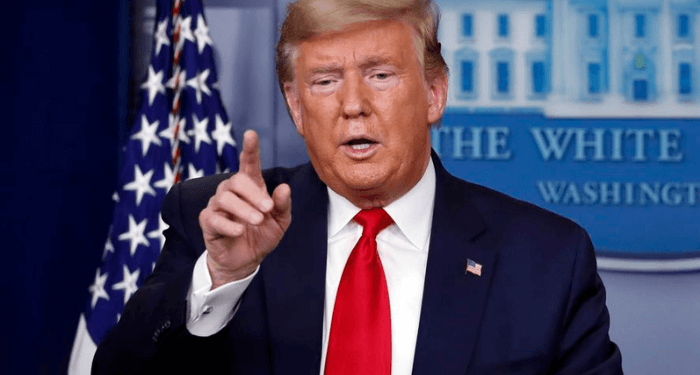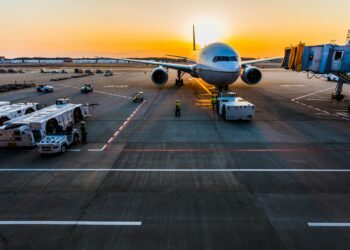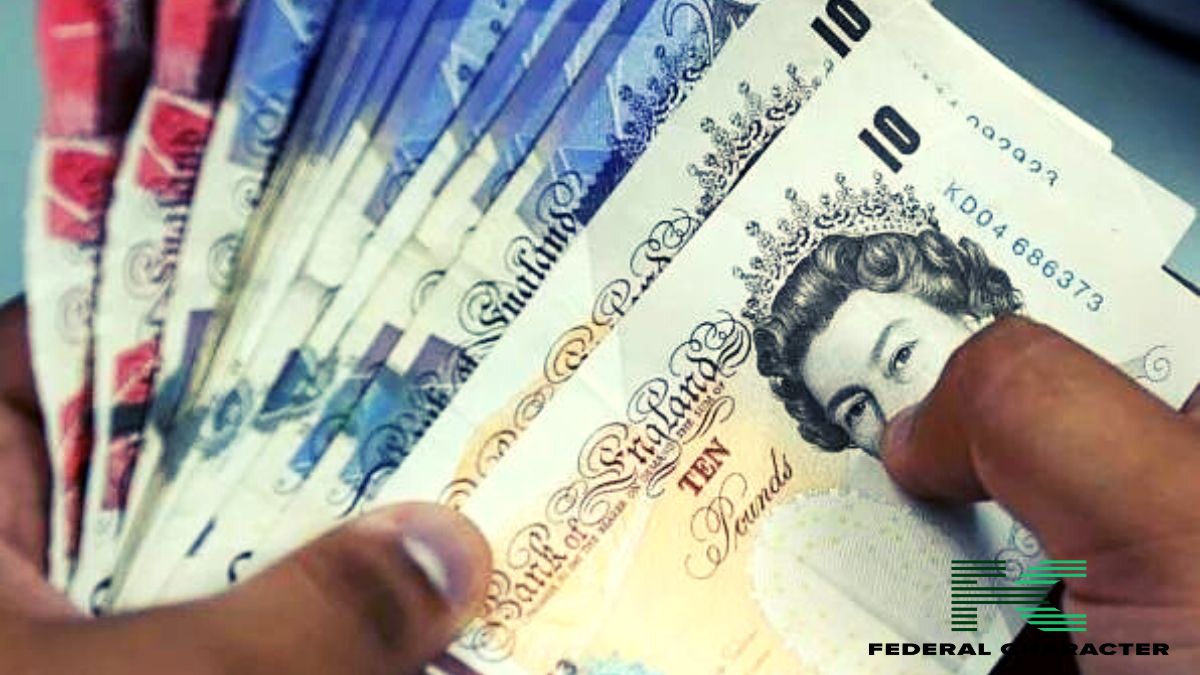Japan has issued a stern rebuke of U.S. President Donald Trump after he compared recent American military strikes on Iran to the atomic bombings of Hiroshima and Nagasaki that ended World War II. The controversial remarks have drawn fierce condemnation from Japanese officials, atomic bomb survivors, and peace activists worldwide.
During a press briefing on Wednesday, Trump defended U.S. airstrikes on Iran’s nuclear facilities, claiming they had set back Tehran’s nuclear program by decades—contrary to leaked intelligence reports suggesting only a few months’ delay.
“I don’t want to use an example of Hiroshima, I don’t want to use an example of Nagasaki, but that was essentially the same thing,” Trump said, referring to the 1945 atomic bombings that killed approximately 140,000 people in Hiroshima and 74,000 in Nagasaki. Survivors, known as hibakusha, continue to suffer from radiation-related illnesses and psychological trauma nearly eight decades later.
Japanese Leaders and Survivors Express Fury
The backlash was swift. Nagasaki Mayor Shiro Suzuki called Trump’s comments “extremely regrettable”, stating that any justification of the bombings was unacceptable for a city that endured such devastation.
Mimaki Toshiyuki, a Nagasaki survivor and co-chair of the Nobel Peace Prize-winning group Nihon Hidankyo, echoed the sentiment, telling NHK that Trump’s words were “unacceptable.” Another survivor, Teruko Yokoyama, expressed her anger in an interview with Kyodo News, saying, “All I have is anger.”
In Hiroshima, survivors and activists staged a protest demanding Trump retract his statement, while local lawmakers passed a resolution condemning any justification of nuclear warfare and urging peaceful conflict resolution.
When asked if Japan would formally protest Trump’s remarks, Chief Cabinet Secretary Hayashi Yoshimasa stated that Tokyo has consistently communicated its stance on nuclear weapons to Washington.
Japan remains the only nation to have suffered atomic bomb attacks, and the scars of August 1945 still run deep. In Hiroshima Peace Memorial Park, a flame symbolizing anti-nuclear resistance has burned continuously since the 1960s, while a counter tracks the days since the last nuclear attack. Visiting world leaders often fold paper cranes—a tradition honoring Sadako Sasaki, a young bomb victim—to pledge commitment to global disarmament.
Global Reactions and the Shadow of Nuclear Warfare
Trump’s comparison has reignited debates over military escalation and nuclear diplomacy, particularly as tensions between the U.S., Iran, and allied nations remain high. While Trump and CIA Director John Ratcliffe insisted the strikes crippled Iran’s nuclear capabilities, experts caution against overstating their impact.
For Japan, the remarks reopen painful historical wounds, reinforcing its longstanding anti-nuclear stance amid growing global arms proliferation concerns. As hibakusha and peace advocates continue their fight against nuclear weapons, Trump’s analogy serves as a stark reminder of the horrors they vow never to repeat.


















